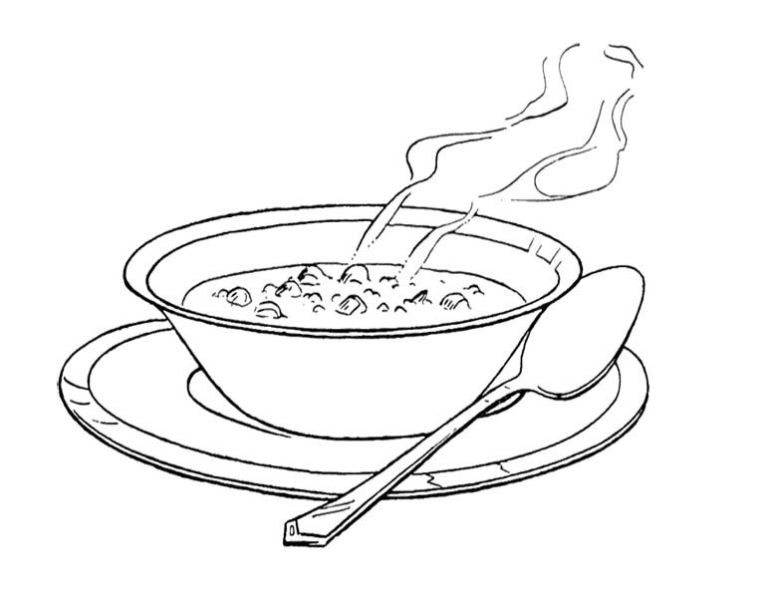Tallassee, Alabama—what a night. I’m in a tiny town. An ancient theater. I am standing where Hank Williams stood. I’m about to sing and tell stories to an audience.
I’m clutching a penny so hard it leaves a mark on my palm. The penny bears the birthdate of my late father upon it.
It was in this room that The Drifter himself once performed to a full house, singing through a tin-can microphone.
The Mount Vernon Theater hasn’t changed much since Hank. It is your all-American brick building. A ticket booth, folding seats, stage, velvet curtains.
I’m a kid in an opry house. What a night.
Anyway, one reason I’m here is to record the fiftieth episode of our podcast show.
Fifty episodes might not sound like much of an achievement—and it’s not, really. But if you’re me, it’s a big deal.
Nobody expected much out of me when I was a kid. Take, for example, the day my father taught me to ride a bicycle. He jogged beside my
bike, holding my seat for balance, cheering, “You can do it!”
Then he released me. I rolled forward. I wobbled. I fell. I tumbled. I bled. My mother gave me ice cream for supper.
I wanted to please my father so badly. I wanted to pedal a bicycle, then shout, “LOOK DADDY! I DIDN’T FALL!” But all I could do was skin my knees, and look like a clown doing it.
Years after he died, I found a penny with his birthdate. It reminded me of the man who once loved me enough to jog beside my bike, even though I inevitably disappointed him.
But right now I’m not disappointed about a thing.
I can see the audience through the curtains. And I am overcome. I’m clutching this penny tight. What a cotton-picking night.
The Goat Hill String Band…










